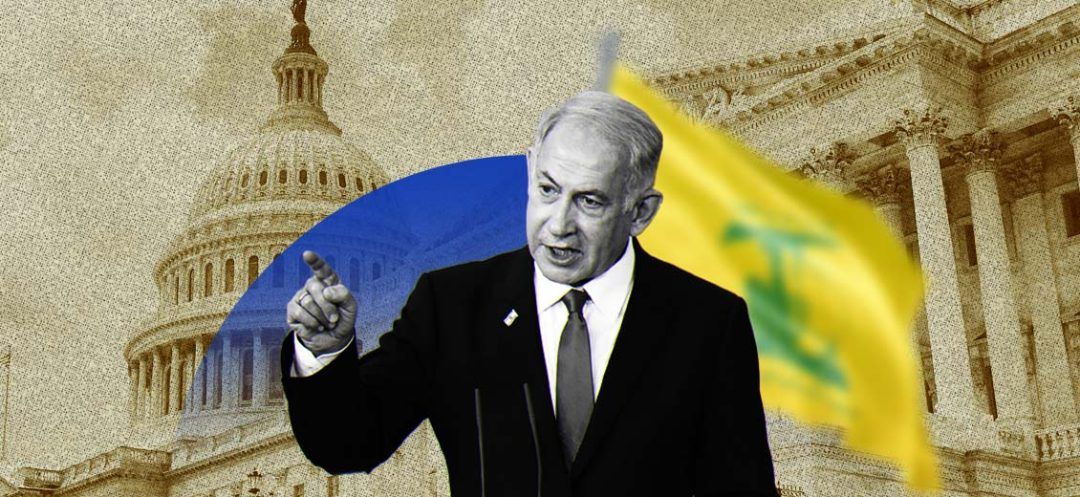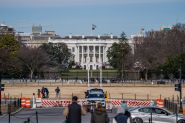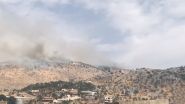
Caretaker Prime Minister Najib Mikati and Caretaker Foreign Affairs Minister Abdallah Bou Habib are trying to navigate a middle ground between Hezbollah and the international community.
However, since October 8, they have found themselves in a difficult position.
Hezbollah’s decisions are indeed driven not just by the Lebanese scene but also by broader factors, particularly Iran, which provides political, financial, and military support.
Meanwhile, the international community is more than aware that the Lebanese government serves primarily as a mere mailbox for messages exchanged between Hezbollah and the international community.
The main message conveyed to the international community is that Lebanon is willing to fully implement UN Resolution 1701, provided Israel does the same.
According to Western diplomatic sources, this Lebanese commitment, now formalized in writing, is seen as a binding pledge, contingent upon an agreement to end Israeli violations — whether they are aerial, maritime, or terrestrial — and to resolve issues along the Blue Line.
If such an agreement is reached, the Lebanese authorities would have no justification whatsoever for not ensuring that the area south of the Litani River is free of weapons and militants, placing it under the exclusive control of the Lebanese Army and UNIFIL.
These sources also emphasize that the issues of the Shebaa Farms and the Kfar Shouba Hills should not be used as a pretext to obstruct the full implementation of Resolution 1701.
Indeed, these areas are not covered by the resolution, and no formal border demarcation has occurred between Lebanon, Syria, and Israel.
Furthermore, the fact that Lebanese citizens own land in these areas does not automatically place them under Lebanese sovereignty, just as Lebanese-owned properties in Syria are not under Lebanese control.
Meanwhile, the international community — particularly the United States, France, Qatar, and Egypt — is striving to prevent an all-out war, with southern Lebanon currently being one of the main flashpoints.
According to sources in Washington, the US administration is applying pressure on two key points:
- They are working to ensure that Iran's response to the assassination of Ismail Haniyeh and Hezbollah's retaliation for the killing of Fouad Shokr do not target Israeli civilians, as this would provide Benjamin Netanyahu with the justification he seeks to launch a broader offensive.
- They are trying to persuade the Israelis not to retaliate if the response is limited to military targets.
However, the Americans have not yet secured any commitments from the Israeli Prime Minister on this front.
Given the complexity of the situation, sources in Washington suggest that the Biden administration has decided to intensify its efforts to broker a prisoner exchange.
They see it as the only viable option to prevent an escalation by Iran and Hezbollah and to secure a temporary truce that could pave the way for negotiations on a permanent ceasefire and a long-term political solution.
The key question remains: Will American efforts succeed in preventing the conflict from escalating further?
Read more



Comments